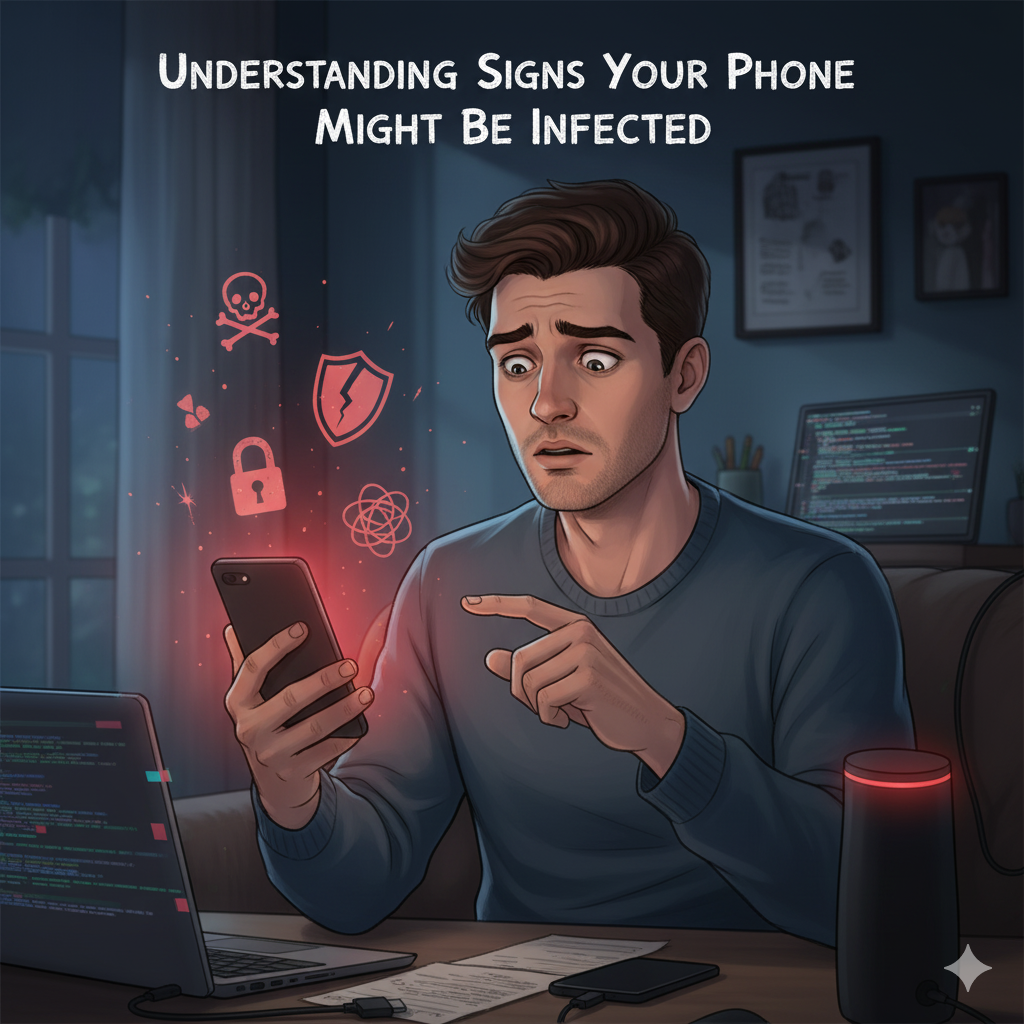In today’s digital world, our smartphones are like mini-computers holding personal data, banking details, photos, and even work files. But as we rely more on mobile devices, cybercriminals are getting smarter too. At newstook, we understand how crucial mobile safety has become. This guide will show you how to protect your phone from viruses and hackers with practical, human-friendly tips that actually work.
Why Mobile Security Matters More Than Ever
Smartphones have become prime targets for hackers. They’re not just phones anymore they’re wallets, cameras, and ID cards. A single malware infection can steal passwords, track locations, or wipe important data.
Recent reports show a sharp rise in mobile malware and phishing attacks. Whether you use Android or iPhone, your data is always at risk without proper security habits. That’s why knowing how to secure your phone is more than just a tech skill—it’s digital self-defense.
Understanding Mobile Threats: What You’re Really Up Against

Before learning how to defend your phone, it helps to understand the main threats:
- Mobile Viruses and Malware: Harmful programs designed to steal or damage your data.
- Spyware: Tracks your activity secretly and sends data to hackers.
- Phishing Links: Fake messages or websites that trick you into giving passwords.
- Ransomware: Locks your phone until you pay a ransom.
Both Android and iPhone users face these dangers, though Android devices tend to be more open to malware due to third-party apps.
Signs Your Phone Might Be Infected

Your phone often gives warning signs before a full attack. Look out for these:
- Battery drains unusually fast
- Device overheats or slows down
- Random pop-ups or unfamiliar apps appear
- Data usage spikes for no reason
- Apps crash frequently
If you notice any of these, your phone might already have a mobile virus or spyware infection.
Tip: Run a quick scan using trusted antivirus apps like Avast, Kaspersky, or Bitdefender Mobile.
Smart Habits to Keep Your Phone Virus-Free
Keeping your phone safe starts with your everyday behavior. A few smart moves can make a big difference:
- Download apps only from official stores (Google Play, App Store).
- Avoid suspicious links or free downloads.
- Don’t install unknown APK files.
- Never root or jailbreak your phone.
- Update your operating system regularly—updates fix security flaws.
These habits create a digital shield against malware and hackers.
Strengthen Your Passwords and Authentication
Weak passwords are a hacker’s best friend. Use complex combinations of letters, numbers, and symbols. Avoid personal info like birthdays or pet names.
Use Security Apps and Built-in Protection Tools

Modern smartphones come with strong built-in defenses—use them to your advantage.
- Enable “Find My Device” or “Find My iPhone.”
- Review App Permissions: Revoke access to unnecessary data.
- Install Antivirus Apps: Tools like Norton Mobile Security, McAfee, or AVG can detect and remove malware.
- Use VPNs for Secure Browsing: A Virtual Private Network encrypts your internet connection, keeping hackers out.
Stay Safe on Public Wi-Fi
Free Wi-Fi may sound convenient, but it’s a hacker’s playground. Public networks are often unsecured, allowing criminals to intercept your data.
How to Stay Safe:
- Use a VPN before connecting to any public network.
- Turn off auto-connect Wi-Fi.
- Avoid online banking or shopping on public Wi-Fi.
- Always disconnect when done.
Back Up Your Data Regularly
Backing up your phone data ensures that even if something goes wrong, you won’t lose everything.
- Use cloud backups like Google Drive or iCloud.
- Schedule automatic backups weekly.
- For extra safety, store critical files offline or on a secure computer.
If malware or ransomware attacks your phone, backups can help you recover instantly.
What to Do If Your Phone Gets Hacked
If your phone has already been compromised, don’t panic. Here’s what you should do:
- Disconnect from the Internet immediately.
- Run a full antivirus scan.
- Backup important data to a safe place.
- Perform a factory reset to remove hidden malware.
- Change all passwords linked to your device (email, banking, social accounts).
- Contact your service provider for additional security support.
The Future of Mobile Security: AI and Biometrics

Technology is evolving, and so are cyber threats. Thankfully, smartphones are getting smarter too.
- AI-based antivirus tools now detect suspicious behavior before it becomes a threat.
- Biometric authentication like facial recognition and fingerprints add another layer of safety.
- Automatic threat detection is becoming standard in Android and iOS devices.
As we move forward, staying informed is the best way to protect your data.
Conclusion :
Your smartphone is a gateway to your digital life. Treat it like you would your home—lock it, guard it, and monitor it.
By following these simple yet powerful steps, you can enjoy a safer, smoother, and virus-free mobile experience. Remember, prevention is always better than recovery.
At newstook, we believe smart digital habits and awareness are the best shields against modern hackers. Stay alert, stay secure, and keep your phone protected every day.
FAQs:
Can iPhones get viruses too?
Yes. While iPhones are more secure than Android devices, they’re not immune. Phishing links and unsafe downloads can still cause issues.
What’s the best free antivirus app for Android?
Some of the best free options include Avast Mobile Security, Bitdefender, and Kaspersky Mobile.
Is using a VPN really necessary?
Yes. A VPN encrypts your online traffic, preventing hackers from spying on your activity—especially on public Wi-Fi.
How often should I scan my phone for malware?
At least once every two weeks, or whenever your phone behaves unusually.
What’s the fastest way to remove a virus from a phone?
Uninstall suspicious apps, clear browser data, and run a full antivirus scan. If issues persist, perform a factory reset.

